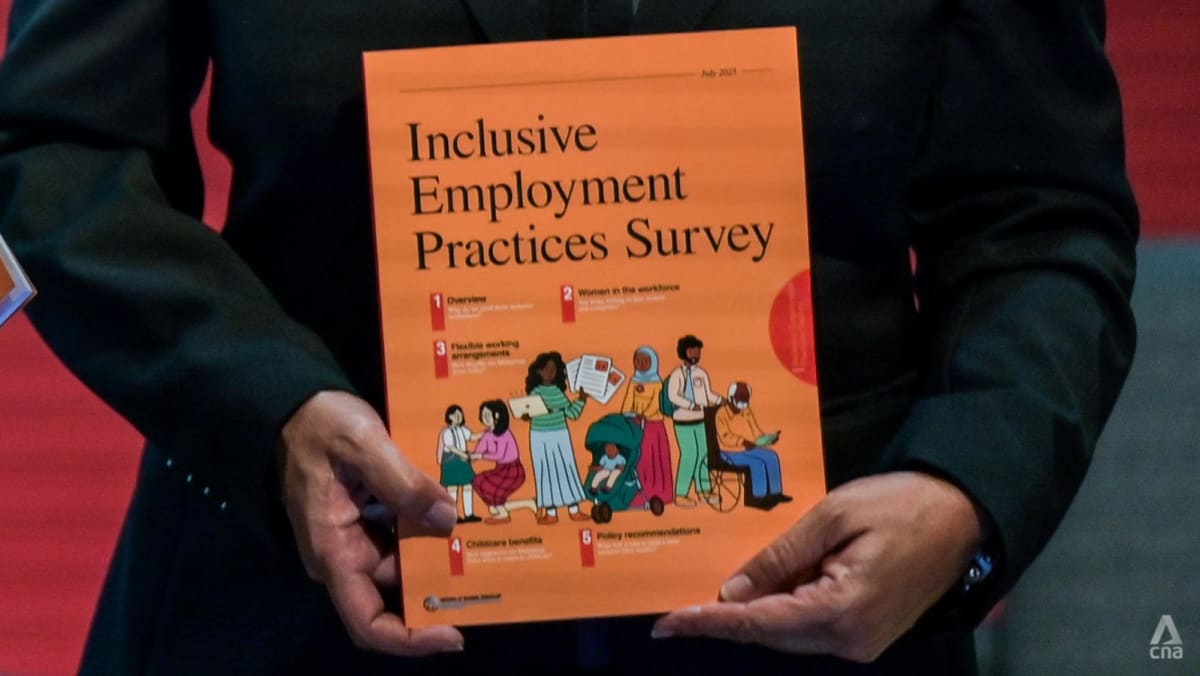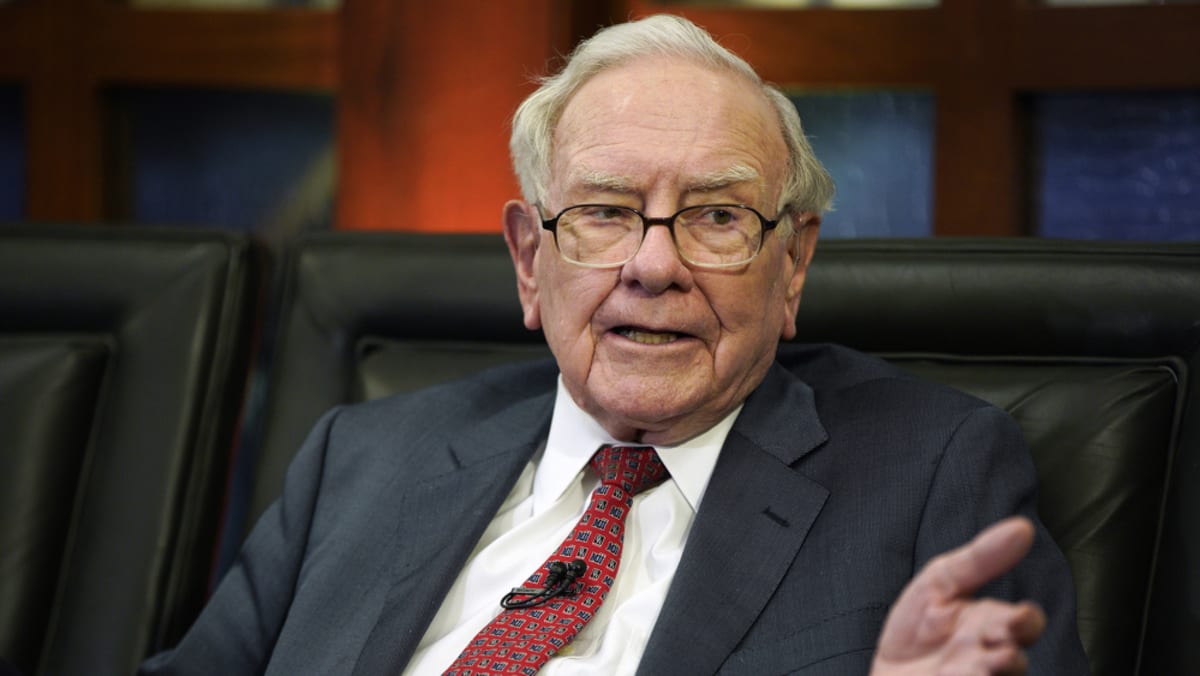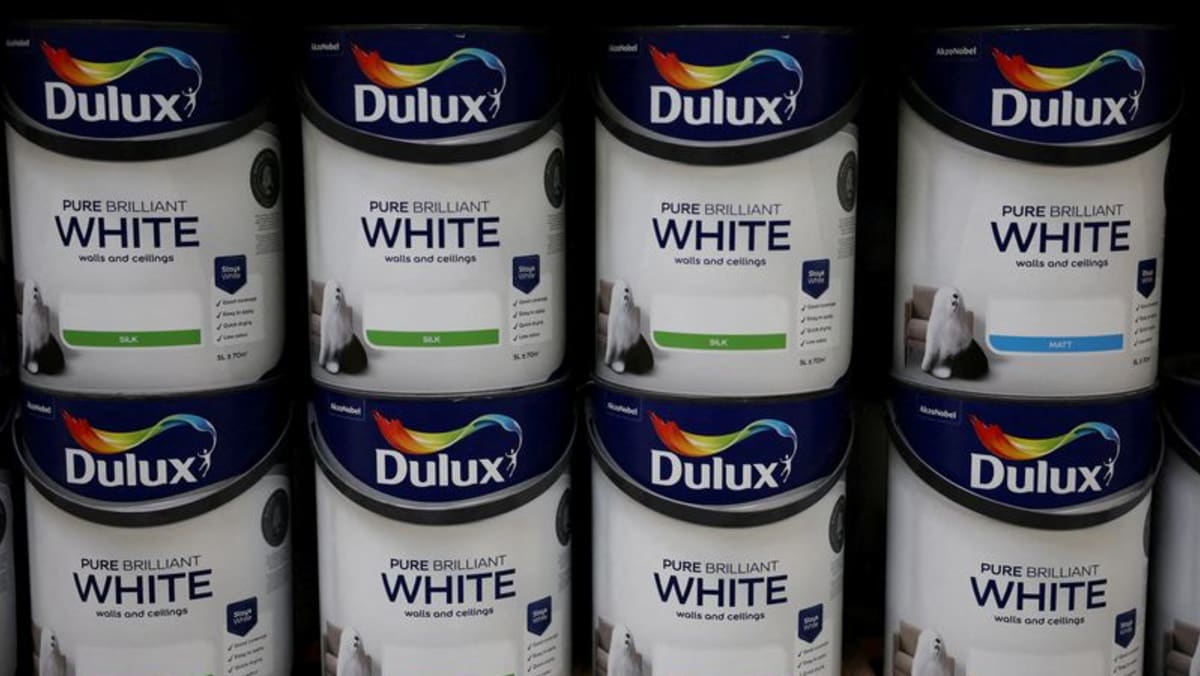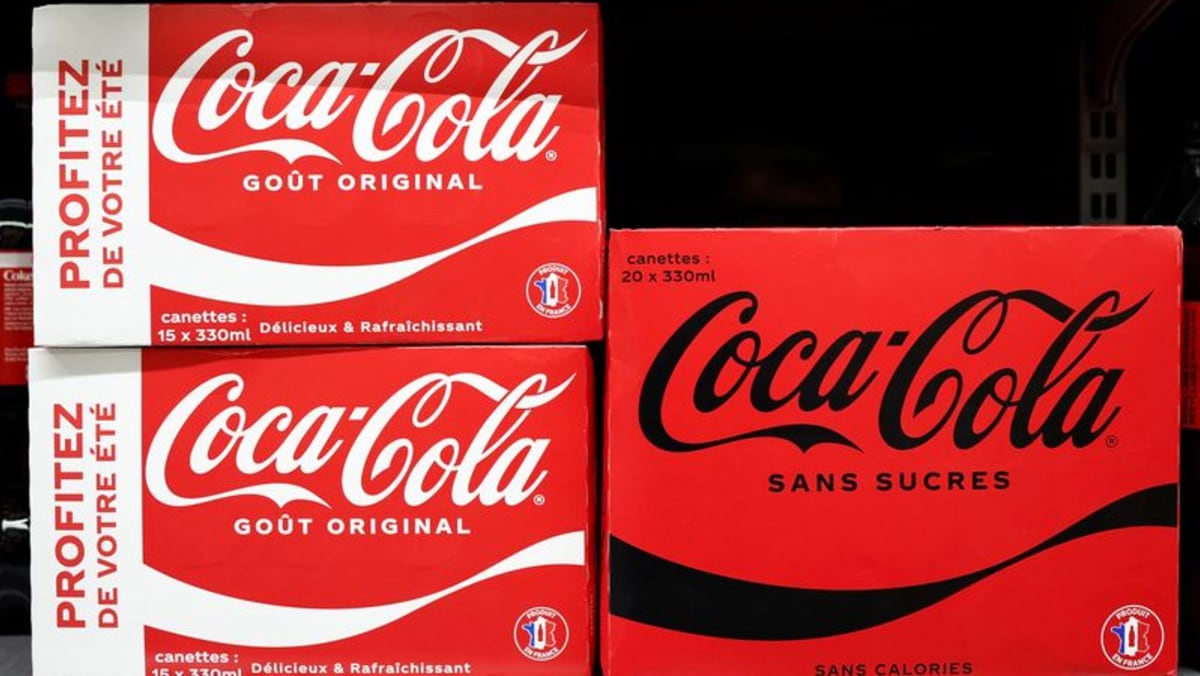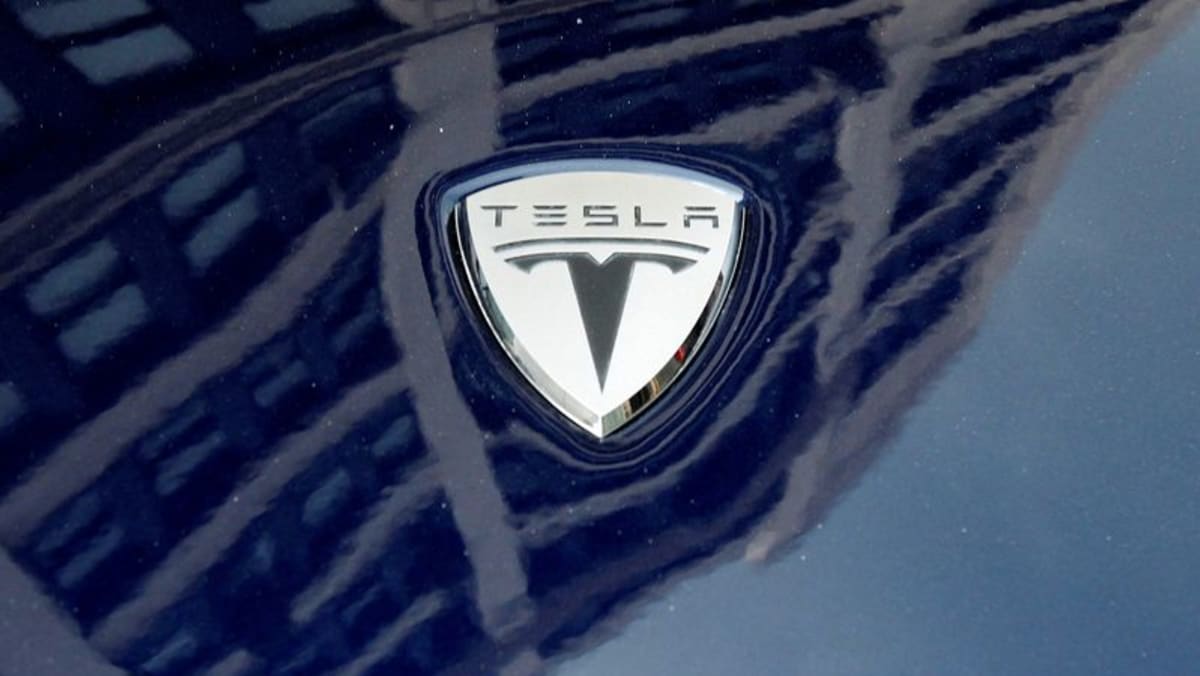THE SNOWBALL EFFECT
Buffett’s letter to shareholders, while not referring directly to Donald Trump’s second term as president, did appeal to “Uncle Sam” to spend judiciously the billions of tax dollars Berkshire sends to the US Treasury: “Never forget that we need you to maintain a stable currency and that result requires [his emphasis] both wisdom and vigilance on your part.”
At a time of extraordinary geopolitical and economic change around the world, the same question shareholders were concerned about in 2003 still applies: Can anyone replicate Buffett’s performance?
The core class of Berkshire “A” shares closed on Friday at a record US$809,808.50, up 20 per cent on the year. When Buffett gained control of what was then an ailing textile manufacturer in 1965, the shares were worth less than US$20.
With the self-deprecation that has always marked him out from self-aggrandising fellow CEOs, Buffett has long attributed much of this success to the “ovarian lottery” that saw him born white, male and relatively well off, with the ability and capacity to invest at an auspicious time for US capitalism.
He has likened the effect to a snowball – the title of Alice Schroeder’s excellent 2008 biography – that “just happens if you’re in the right kind of snow . . . You’d better be picking up snow as you go along, because you’re not going to be getting back up to the top of the hill again. That’s the way life works”.
But this self-analysis underestimates the steely persistence, perfectionism, focus and intellect that lie behind his public folksiness. For instance, when he invested in Goldman Sachs, helping to shore the investment bank up during the 2008 financial crisis, he did so on terms highly favourable to Berkshire, exemplifying one of his best-known maxims: “We simply attempt to be fearful when others are greedy and to be greedy only when others are fearful.”
